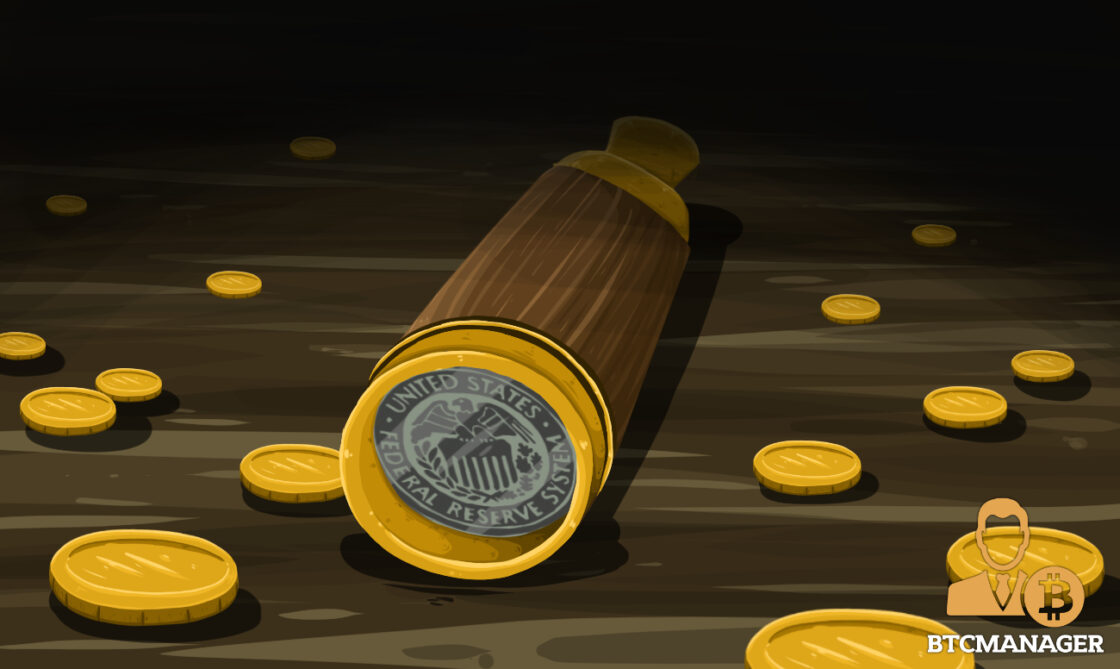PALO ALTO, Calif. (Reuters) - The Federal Reserve is taking a look at a broad variety of concerns around digital payments and currencies, consisting of policy, design and legal considerations around possibly providing its own digital currency, Governor Lael Brainard stated on Wednesday. Brainard's remarks suggest more openness to the possibility of a Fed-issued digital coin than in the past." By transforming payments, digitalization has the prospective to deliver greater value and convenience at lower expense," Brainard stated at a conference on payments at the Stanford Graduate School of Company.
Main banks internationally are discussing how to handle digital financing innovation and the distributed ledger systems used by bitcoin, which guarantees near-instantaneous payment at potentially low cost. The Fed is developing its own round-the-clock real-time payments and settlement service and is presently evaluating 200 comment letters submitted late in 2015 about the suggested service's design and scope, Brainard said.
Less than 2 years ago Brainard informed a conference in San Francisco that there is "no engaging showed need" for such a coin. However that was before the scope of Facebook's digital currency aspirations were commonly understood. Fed authorities, consisting of Brainard, have raised issues about consumer protections and data and privacy risks that could be posed by a currency that could come into use by the third of the world's population that have Facebook accounts.
" We are teaming up with other central banks as we advance our understanding of central bank digital currencies," she stated. With more nations looking into providing their own digital currencies, Brainard said, that contributes to "a set of factors to also be making certain that we are that frontier of both research study and policy advancement." In the United States, Brainard said, problems that need study include whether a digital currency would make the payments system much safer or simpler, and whether it could present monetary stability risks, consisting of the possibility of bank runs if cash can be turned "with a single swipe" into the reserve bank's digital currency.

To counter the monetary damage from America's unmatched national lockdown, the Federal Reserve has taken extraordinary actions, including flooding the economy with dollars and investing straight in the economy. Many of these relocations received grudging approval even from many Fed doubters, as they saw this stimulus Find more info as needed and something just the Fed could do.
My new CEI report, "Government-Run Payment Systems Are Unsafe at Any Speed: The Case Against Fedcoin and FedNow," information the risks of the Fed's existing strategies for its FedNow real-time payment system, and propositions for main bank-issued cryptocurrency that have been called Fedcoin or the "digital dollar." In my report, I talk about concerns about privacy, data security, currency control, and crowding out private-sector competition and development.
Advocates Check out this site of FedNow and Fedcoin state the government must develop a system for payments to deposit instantly, rather than encourage such systems in the personal sector by raising regulatory barriers. However as kept in mind in the paper, the private sector is offering a seemingly unlimited supply of payment technologies and digital currencies to resolve the problemto the degree it is a problemof the time space in between when a payment is sent and when it is gotten in a checking account.
And more info the examples of private-sector development in this area are many. The Cleaning Home, a bank-held cooperative that has been routing interbank payments in various forms for more than 150 years, has actually been clearing real-time payments because 2017. By the end of 2018 it was covering 50 percent of the deposit base in the U.S.